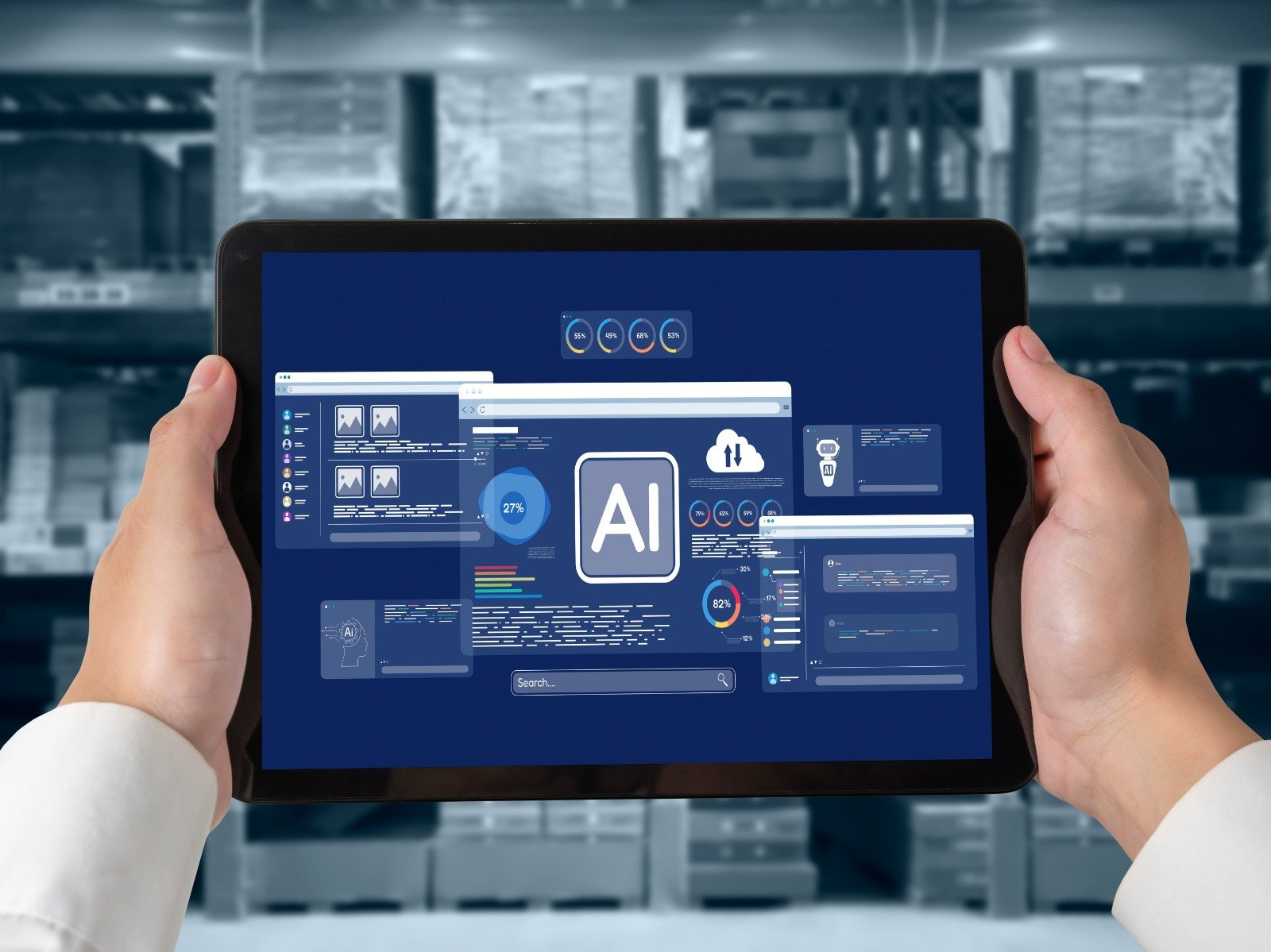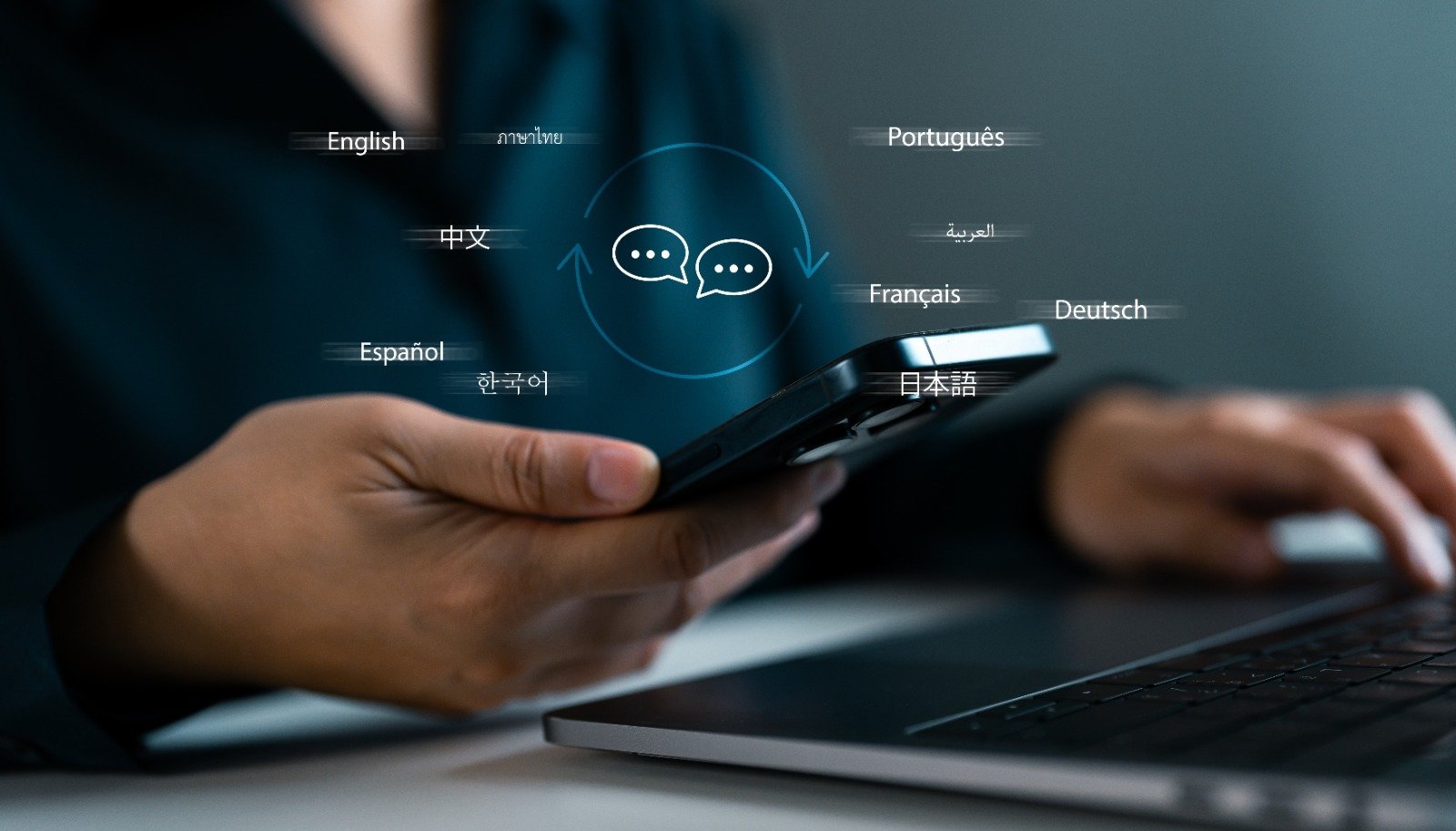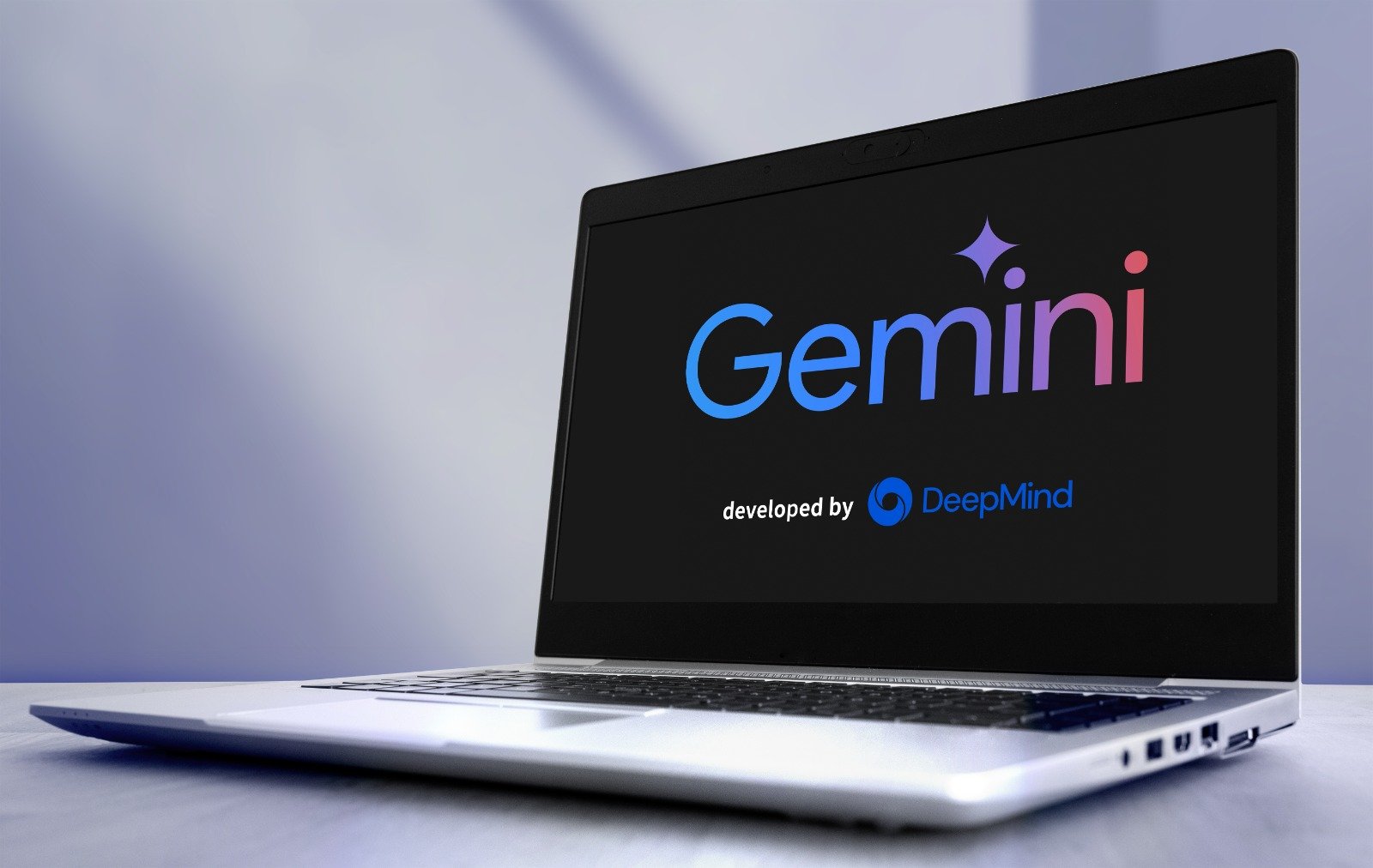AI assistants have transformed how we handle tasks, gather information, and organize our lives. From setting reminders to generating entire reports, they’re quickly becoming indispensable. Among these, Claude, developed by Anthropic, has emerged as a strong contender in a field dominated by giants like OpenAI’s ChatGPT and Google’s Gemini.
But with so many options available, the question remains: Which AI assistant is right for you? In this article, we’ll explore Claude in depth—its strengths, limitations, and how it stacks up against ChatGPT, Gemini, and other alternatives.
The Rapid Evolution of AI Assistants
The launch of ChatGPT on November 30, 2022 marked a turning point. Suddenly, the power of large language models (LLMs) was accessible to everyone. OpenAI quickly iterated, releasing GPT-3.5 with refinements and then GPT-4 in March 2023, which pushed the envelope further with its trillion-parameter architecture, better reasoning, and multimodal capabilities.
OpenAI also branched out with DALL·E for text-to-image generation and added features like file upload, data analysis, and web browsing (though the last was later removed over concerns about bypassing paywalls).
In parallel, competitors rushed to keep pace. Google launched Gemini (formerly Bard), powered by its LaMDA architecture. Unlike GPT, Gemini benefits from real-time internet access through Google Search, giving it an edge for up-to-date research.
Then came Anthropic, a smaller research lab, with its own model: Claude. Early testing suggests Claude 3 may surpass GPT-4 and Gemini in certain areas like reasoning and reliability. Meanwhile, the open-source community has brought forward alternatives like DBRX, MPT-7B, CodeGen, and LLaMA, offering more transparency and customization for developers.
The result is a crowded and fast-moving ecosystem, where no single model is the undisputed leader.
Where AI Assistants Excel
AI assistants have proven useful across diverse fields:
-
Software development: Debugging, code generation, test writing, and learning new frameworks.
-
Decision-making: Assisting industries like finance and medicine with data interpretation and accessible interfaces.
-
Creative work: Copywriting, content generation, and proofreading, with tools like Grammarly AI leveraging LLMs.
-
Entertainment: Open-ended conversation, roleplay, and storytelling.
This versatility explains their rapid adoption. But it also raises the stakes for ensuring accuracy, reliability, and ethical use.
How Claude Differentiates Itself
According to Anthropic, Claude 3 performs especially well on benchmarks like HumanEval (coding tasks) and HellaSwag (commonsense reasoning). While most LLMs still struggle with math, Claude is marketed as more accurate and trustworthy in real-world scenarios—reducing the risk of “hallucinations” that plague other models.
Of course, benchmarks only tell part of the story. For everyday users, what matters most is whether responses are factually correct, relevant, and reliable. That’s the standard by which Claude hopes to distinguish itself.
Claude vs. ChatGPT vs. Gemini: A Closer Look
When businesses choose an AI assistant, they usually focus on five criteria:
-
Performance and accuracy
-
Claude scores high in reasoning and factual reliability.
-
ChatGPT (especially GPT-4) excels at versatility and creative problem-solving.
-
Gemini benefits from live web access, making it better for real-time tasks.
-
-
Integration and development
-
OpenAI’s APIs are widely adopted and easy to integrate.
-
Anthropic’s APIs exist but face regional restrictions (e.g., not available in the EU without a VPN).
-
Google’s Gemini is tightly integrated with the Google ecosystem, useful for research and productivity tools.
-
-
Scalability and pricing
-
Costs vary across providers; none is universally “cheap” or “expensive.”
-
The best option depends on business goals, workflow, and cost-control strategies.
-
-
Data handling and privacy
-
All major players claim strong safeguards, but transparency remains limited.
-
The EU AI Act (expected mid-2024) will raise the bar, though current practices often rely on trusting company assurances.
-
-
Community and ecosystem
-
ChatGPT dominates here, with the most robust plugin ecosystem, integrations, and user community.
-
Claude and Gemini are building momentum, but OpenAI currently leads on ecosystem maturity.
-
Who Uses AI Assistants—and How
-
Executives: Drafting communications, client responses, and high-level research.
-
CTOs and technical leaders: Tracking trends, synthesizing complex concepts, and streamlining workflows.
-
Content creators: Generating drafts, refining writing, and scaling content production.
-
Sales and support teams: Automating responses, improving lead generation, and personalizing customer interactions.
-
Developers: Writing, debugging, and documenting code with AI-powered support.
These applications highlight AI’s role as a productivity enhancer, not a replacement for expertise.
Limitations and Cautions
Despite rapid progress, all LLMs share common challenges:
-
Hallucinations: Confident but incorrect responses.
-
Data limitations: Outdated training data (for non-connected models) or reliance on filtered datasets.
-
Overhype: Speculation about “AI self-awareness” is premature—current models simulate conversation, not consciousness.
Users should approach AI outputs critically, double-checking facts and using models as assistants rather than authorities.
Final Thoughts
The AI assistant race is far from over. ChatGPT continues to innovate, Gemini leverages real-time knowledge, and Claude promises safer, more trustworthy reasoning. Open-source projects keep pushing boundaries, too.
The truth is, there’s no one-size-fits-all AI assistant. The right choice depends on your needs—whether it’s coding support, real-time research, or creative collaboration.
Used wisely, these tools can boost productivity and creativity. But they’re best seen as partners, not replacements. Human judgment remains essential to keep their power in check.




